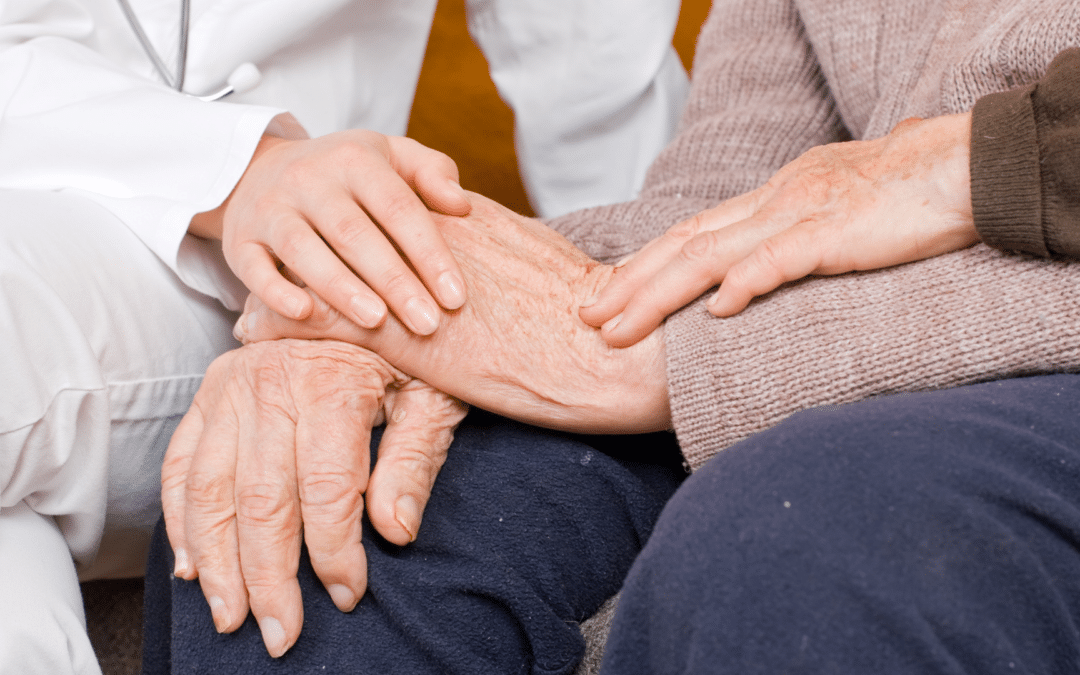Palliative care is a type of care for those with life-threatening illnesses. The main aim of it is to provide comfort and increased quality of life by relieving pain and stress which are likely to come with a serious illness and its ongoing medical treatments. Palliative care combines care from specially trained doctors, nurses and other specialists as well as the patient’s personal doctors in order to provide a care network that meets the specific needs of the patient.
When should palliative care be considered?
Palliative care can be offered and provided in a number of different situations. As it focuses on relief from the symptoms of life-threatening and chronic illnesses. It is commonly given to those suffering from cancer, kidney disease, heart failure, Parkinsons, Alzheimers and others. Palliative care works with the patient and their family to ensure that the highest possible quality of life is retained. Instead of trying to cure the illness, palliative care will be given alongside medical treatment.
What to expect for palliative care
Instead of working to cure the illness that the patient is suffering from, palliative care works on relief from the individual symptoms such as:
- Shortness of breath
- Depression
- Anxiety
- Fatigue
- Loss of appetite
Palliative care takes care of the patient as a whole, addressing psychological, social and spiritual needs of the patient, along with their family.
Palliative care can improve the mental and physical strength of the patient and studies have shown that it can increase the life expectancy of those with chronic illnesses.
Palliative care teams can help make medical care more manageable by working to understand the needs of the patient and communicating their needs with personal medical doctors to ensure that everyone is on the same page and understands what is best for the patient.
What is the difference between palliative care and end of life care?
End of life care is given after palliative care. If the patient is not responding to further medical treatments then end of life care can be given which can last days, months or years. End of life care is focused on maintaining quality of life and dignity as the patient passes away. There will still be a care team on hand with a variety of specialisations, such as hospital doctors, nurses, the patient’s GP, care home staff, counsellors, social care staff, physiotherapists, occupational therapists or complementary therapists, and religious leaders if the patient and their family wishes.
When it comes to end of life care decisions need to be made in terms of location. Staying at home can be good for familiarity and reduce potential stresses involved with the relocation. Alternatively, there are care homes with care available round the clock. This decision should be made by the patient if they are able, or by the family and GP, taking into account the best interests of the patient.
How can Little Croft Care Home help?
At Little Croft we offer a safe, comfortable and friendly setting for your care needs, our teams are trained to provide palliative and end of life care with kindness and compassion and can help with mental and physical symptoms of chronic and life-threatening illness.
At Little Croft Care Home we understand that organising palliative or end of life care for a loved one can be difficult. Our team is just a phone call away and on hand for advice and to talk through options with you.

